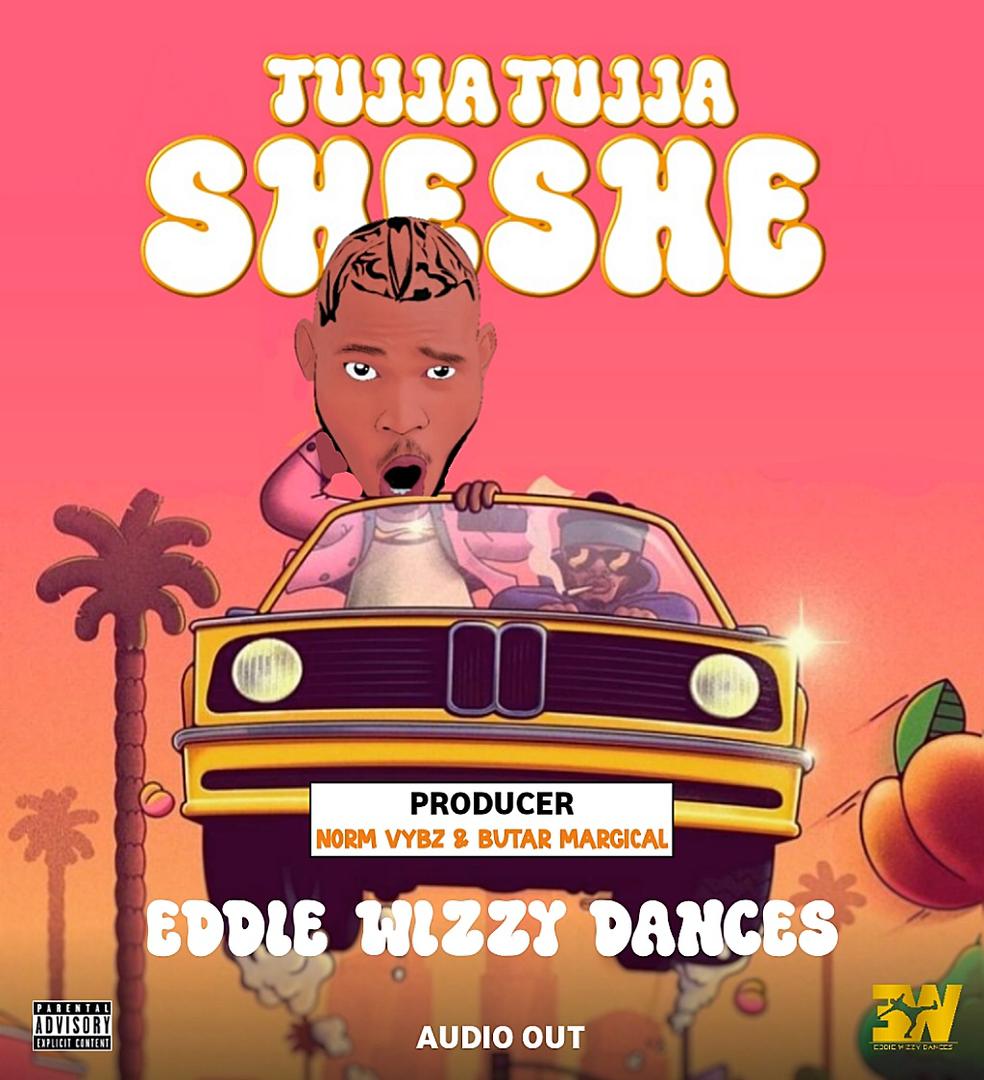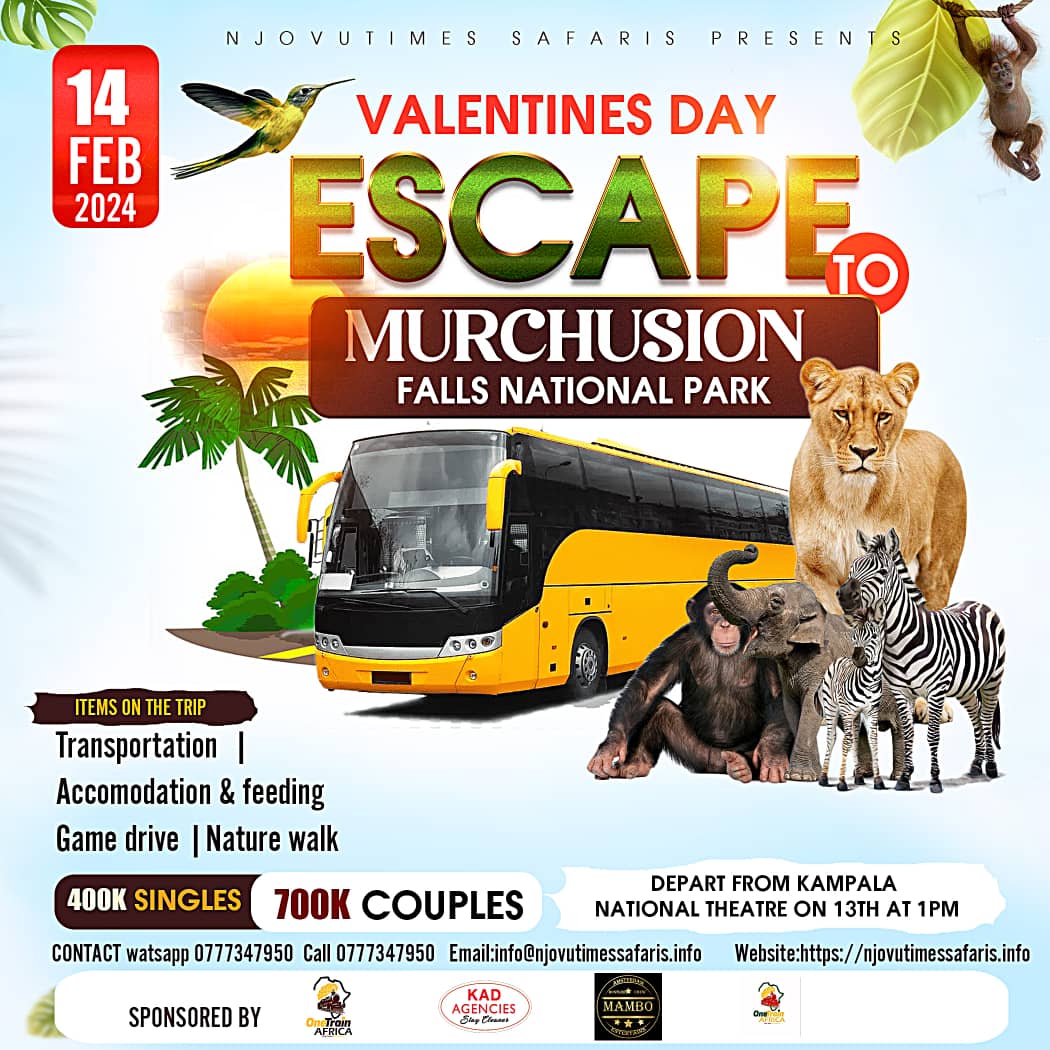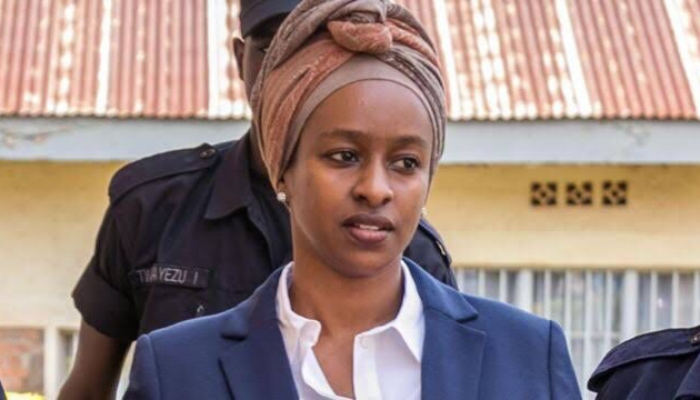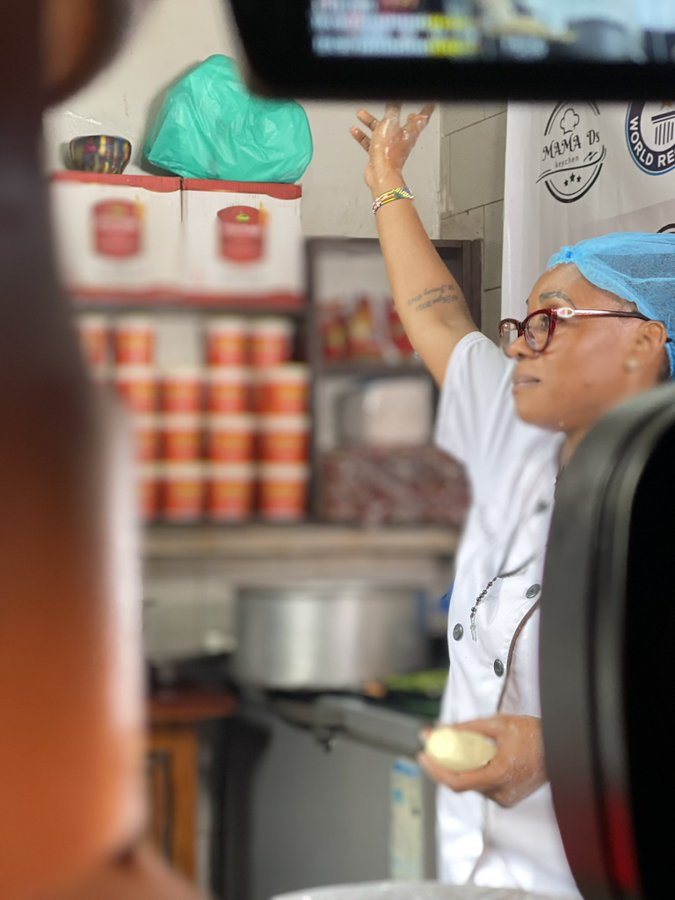Share this with others!
Some 44 million registered voters, out of a population of almost 100 million, will elect a president on December 20.
They will also choose between tens of thousands of candidates for legislative and local bodies in the country with vast resources but endemic conflict and corruption.
A “pre-campaign” has been underway for a while, with President Felix Tshisekedi, who is seeking a second term, attending numerous public events while his allies vaunt his record.
With the launch of the official campaign, big rallies, media interviews, giant posters and handing out flyers will be allowed.
On opening day, Tshisekedi will hold a rally at the Martyrs stadium in Kinshasa while one of his main challengers, Martin Fayulu, is addressing a rally in a nearby province.
In total there are a record 25,832 candidates for the legislative elections, 44,110 for provincial bodies and 31,234 for municipal councils, according to the Electoral Commission (Ceni), which faces the struggle of organising voting across the country’s 2.3 million square kilometres and limited infrastructure.
“There is a political will to stick to the electoral calendar, but there are doubts about the technical feasibility,” said Tresor Kibangula, a political analyst at the Ebuteli research institute.
‘Wasting my time’
The east of the country has been racked by fighting for three decades, and violence is surging again after the M23 group, supported by Rwanda, recently occupied much of Nord Kivu province.
The fighting will prevent normal voting in two territories in the province, but the whole process would be threatened if rebels take the provincial capital Goma.
“M23 will not take Goma,” insisted Tshisekedi, who says a return to calm is his priority, along with improving services and the economy, building roads and respecting freedom of speech and of the press.
His record is mixed, according to analysts, and disastrous according to the opposition, which is already warning of massive fraud.
In addition to Fayulu, who claims he was robbed of victory in 2018, the main opposition candidates are Moise Katumbi, former governor of the Katanga mining region; Doctor Denis Mukwege, who received the Nobel Peace Prize in 2018 for his work with victims of sexual violence; and two former prime ministers.
The incumbent president is favoured to win, particularly since there is only one round of voting, but representatives of five leading opposition groups met this week in South Africa to study the possibility of proposing a single candidate.
A coalition has been formed and a common platform adopted, but Fayulu has yet to adhere.
Voters are mixed about the value of voting.
Eunice, a 20-year-old geography student, says she is “happy” to be voting for the first time.
Ezechiel, a 24-year-old studying management IT, is discouraged. “There will be fraud, like in 2018,” he said. “I am not going to waste my time.”

![Sheshe – Tujja tujja by Eddie Wizzy Dances [New Banger alert 2024]](https://i0.wp.com/www.onetrain.africa/wp-content/uploads/2024/02/c62cea9f07fc4b1086aa1f4d3d9fd753.jpg?resize=300%2C200&ssl=1)















